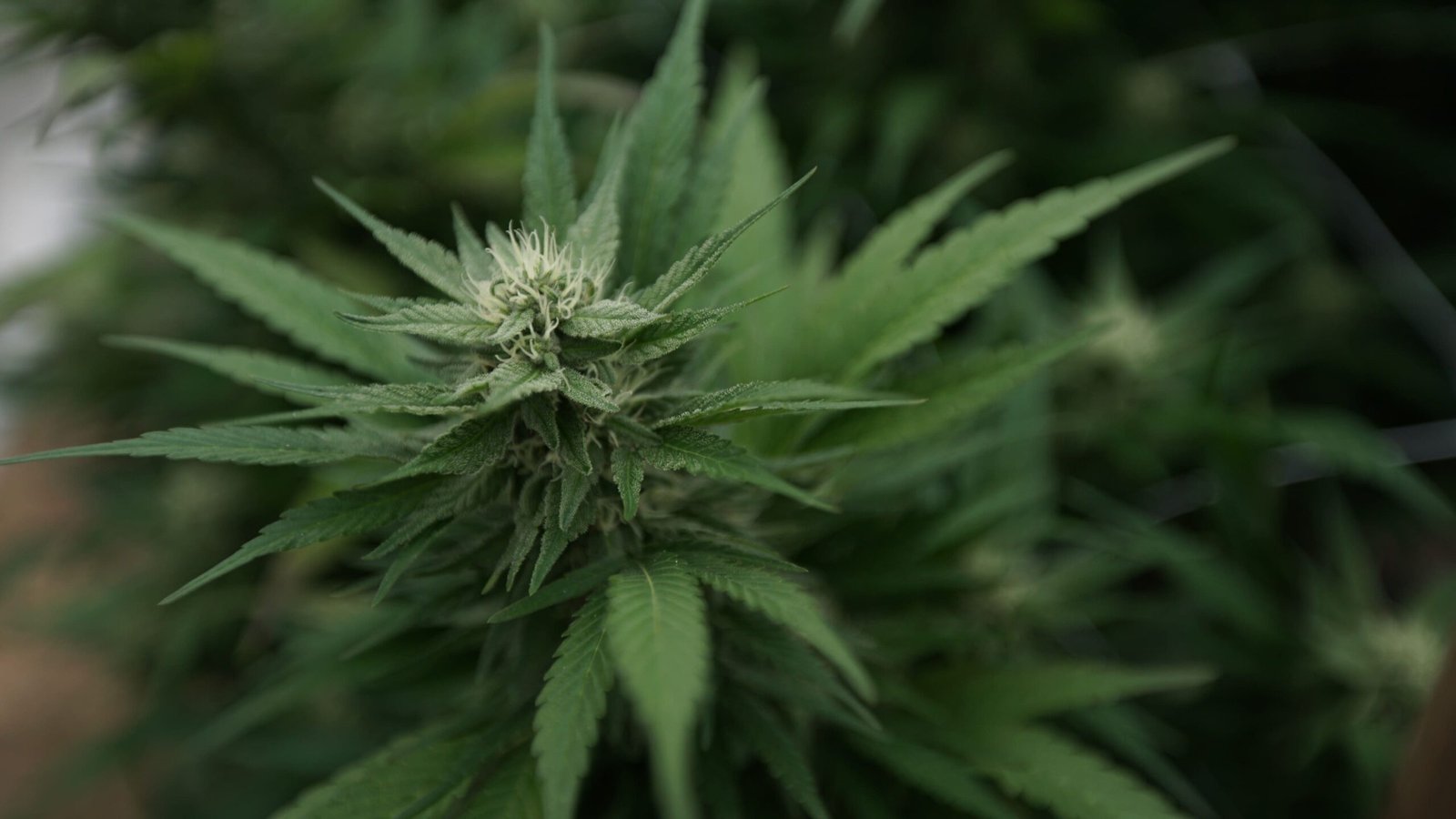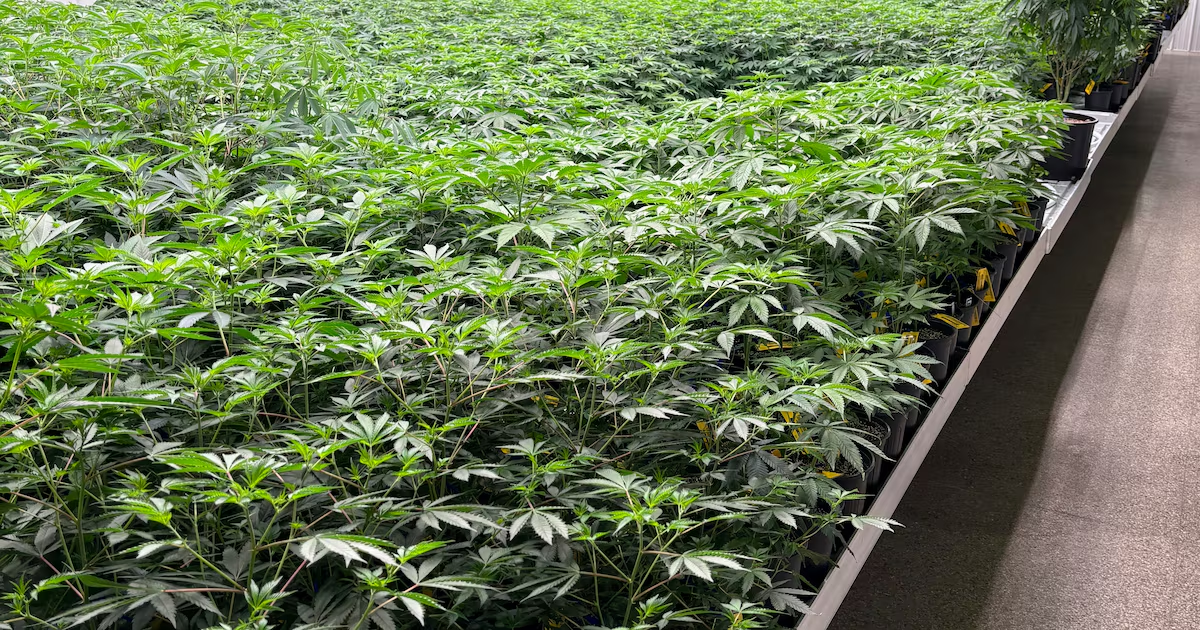A federal official from the Substance Abuse and Mental Health Services Administration (SAMHSA) defended the use of saliva testing for cannabis among truck drivers. This response comes amid worries that such testing could allow drivers to use marijuana without detection. The official emphasized that the technology is designed to ensure safety on the roads.
In New Hampshire, the House of Representatives has made significant strides by passing bills aimed at legalizing marijuana and decriminalizing psilocybin. Additionally, these new laws would double the amount of medical cannabis that patients are allowed to purchase and possess.
Meanwhile, in Maryland, the Senate Judicial Proceedings Committee has approved a House-passed bill that permits adults to personally manufacture marijuana edibles and concentrates. This legislation reflects a growing trend toward more lenient cannabis laws across various states.
A recent scientific review has examined the potential benefits of marijuana components in treating autism spectrum disorder. The findings suggest that there is preliminary evidence indicating advantages, particularly in managing anxiety, sleep, and behavior. The review noted that “cannabinoids, particularly CBD-rich formulations, appear to be relatively safe and potentially beneficial.”
Chris Goldstein, a representative from NORML, highlighted the need for Pennsylvania to legalize cannabis. In an op-ed, he pointed out that the state should follow the lead of its neighbors who have benefitted from ending cannabis prohibition, rather than continuing to arrest individuals for possession.
In Nebraska, the General Affairs Committee is poised to vote on legislation to implement medical cannabis legalization, which has already received voter approval. However, this vote is pending as the committee awaits finalization of an amendment.
Additionally, the Indiana Senate Homeland Security and Transportation Committee has passed a bill aimed at banning billboards advertising marijuana. The bill’s sponsor stated that this measure is necessary due to the influence of cannabis businesses from neighboring Michigan.
Lastly, a senator from Delaware has introduced a bill to restrict local zoning regulations for cannabis businesses. This initiative comes in response to a situation where one county has effectively made marijuana illegal, which the senator argues does not reflect the desires of the state’s voters.




